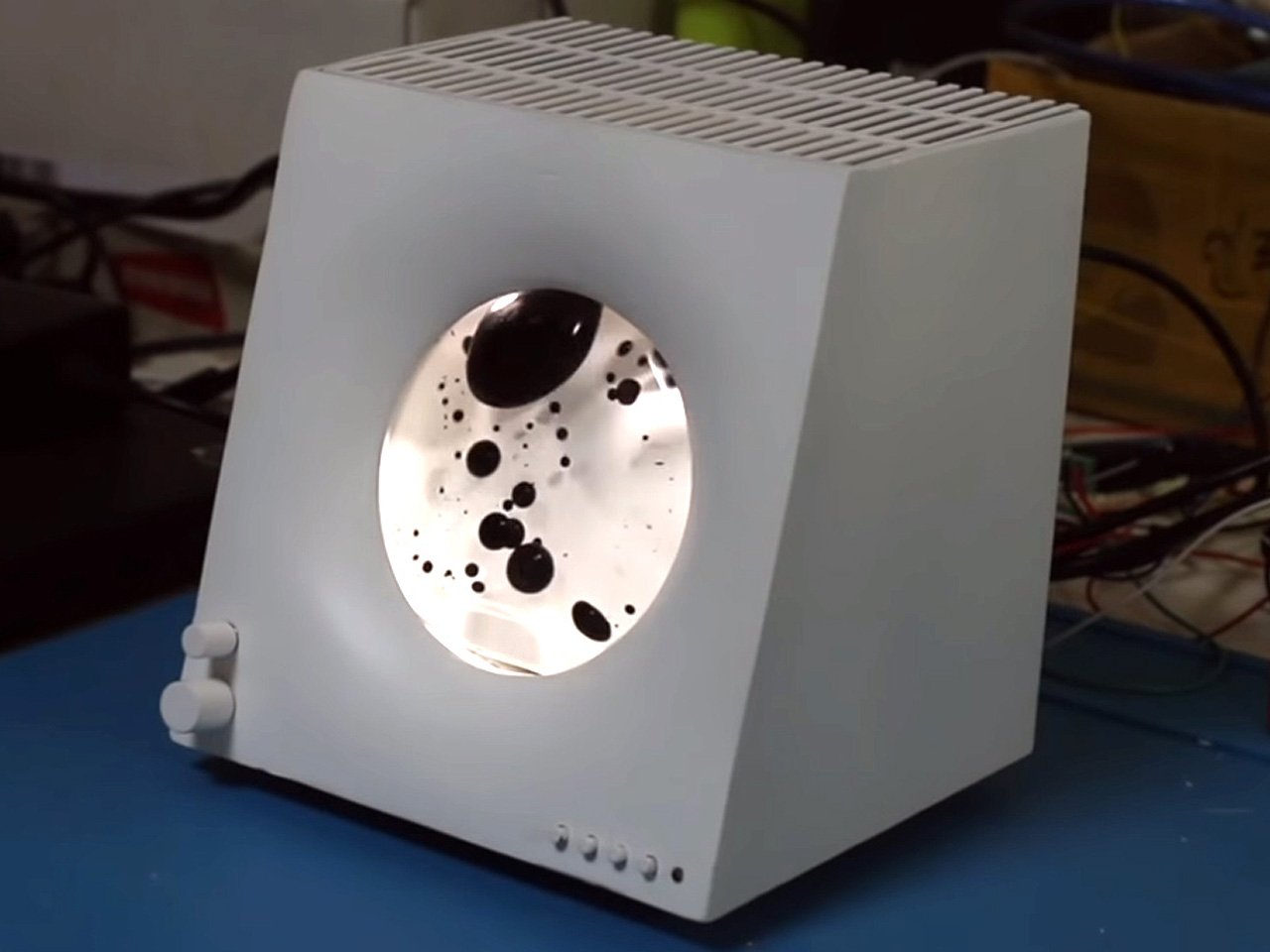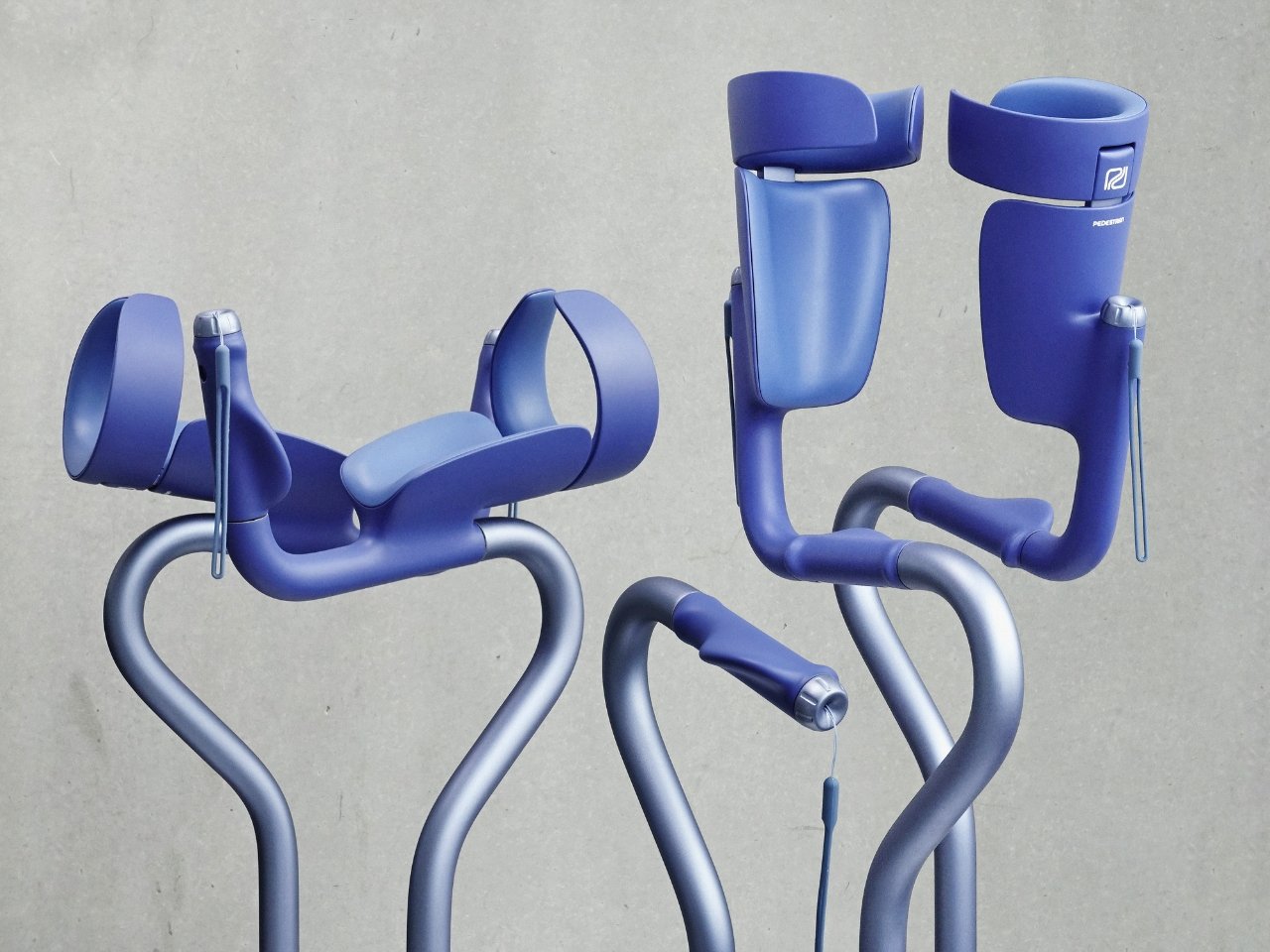While sheetrock is the incumbent wall and ceiling material, there’s a lot of reasons not to like it. It’s heavy, difficult to transport and fragile in transit. Cutting it is messy. Installing it is a multistep process consisting of screwing, spackling the screw heads, taping and mudding the seams, priming, and painting. And these headaches are magnified when you’re doing a ceiling rather than a wall.
Trusscore is a sheetrock alternative made from extruded, 100% recyclable PVC.

Rather than coming in 4×8 sheets, it comes in 16″ widths, in lengths of 8′, 10′, 12′, 14′, 16′ or 20′. It’s lightweight, making it easy for one person to install, even for ceiling applications. The sides are tongue-and-grooved; you screw the panels to your 16″-on-center studs, and the next sheet covers the screws of the previous sheet.



Once the panels are screwed in, that’s it. It requires no taping, nor paint. It’s durable, abrasion-resistant and easy to clean. It’s water-resistant and can’t grow mold or mildew. It has a Class A fire rating, and its acoustic properties are essentially the same as sheetrock’s.

So what’s the catch? There are three. The first is that it has a glossy finish, which might take getting used to in a residential setting.



The second is that it only comes in white or grey.


The third may or may not be a catch, depending on the size of your project. Trusscore costs $2.75 to $3.75 per square foot; a 4×8 sheet of sheetrock at my local big box runs $20, or just 63 cents per square foot.
Where the savings can come in is with labor costs; drywall crews aren’t cheap, and installing sheetrock is a time-consuming process. Also, cutting out the finishing steps saves you from having to buy the extra stuff: Buckets of joint compound, taping knives, tape, primer, paint, paint rollers, et cetera. Plus with Trusscore there’s little to no clean-up, versus the dusty mess that a sheetrock job brings.
The video below shows both the product, and a side-by-side time comparison of installing Trusscore vs. sheetrock:




